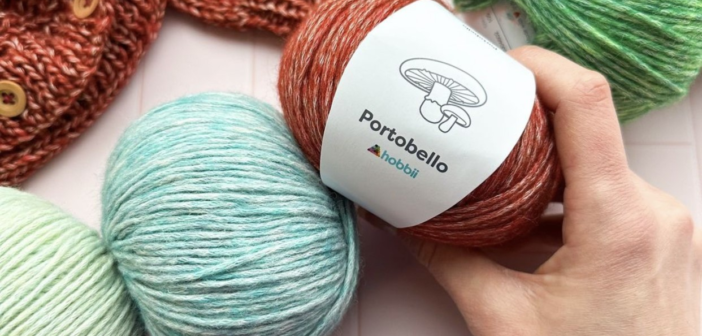By Madison Wilson, Contributing Writer
Crochet has been around since the 1800s, and it is now accessible to everyone. National Crochet Month is celebrated in March of every year to recognize the art and craft of crochet.
Crochet is one of the most well-liked crafts in the world and can be utilized for a variety of purposes. It can create blankets, sweaters, socks, shirts and many more essentials that we use on a day-to-day basis.
While this craft has a vast variety of uses, there have been some ethical challenges regarding how cheap crochet is made. It is cannot be replicated or made from any other machine but a crochet machine. While some knitting machines can replicate the craft closely, it still won’t be considered acceptable.
There was a viral Target crochet sweater, and there were people left shocked that it was only $35. Many people believe that because of the time, money and effort that goes into crocheting, the sweater shouldn’t be as cheap as $35.
There are many questions as to if the sweater is even made from crochet and if it is good quality.
“From what I have seen, crochet is usually cheap. For instance, you can get a crochet shirt from Shein for $10,” said Isabella Ruiz, a sophomore majoring in marketing.
Some ethical challenges include claiming credit for someone else’s work, selling counterfeit crochet or inferior crochet products to make money and use of slave labor to make crocheted items. Many well-known companies like Shein, Fashion Nova and more sell crochet clothing that was originally someone else’s idea.
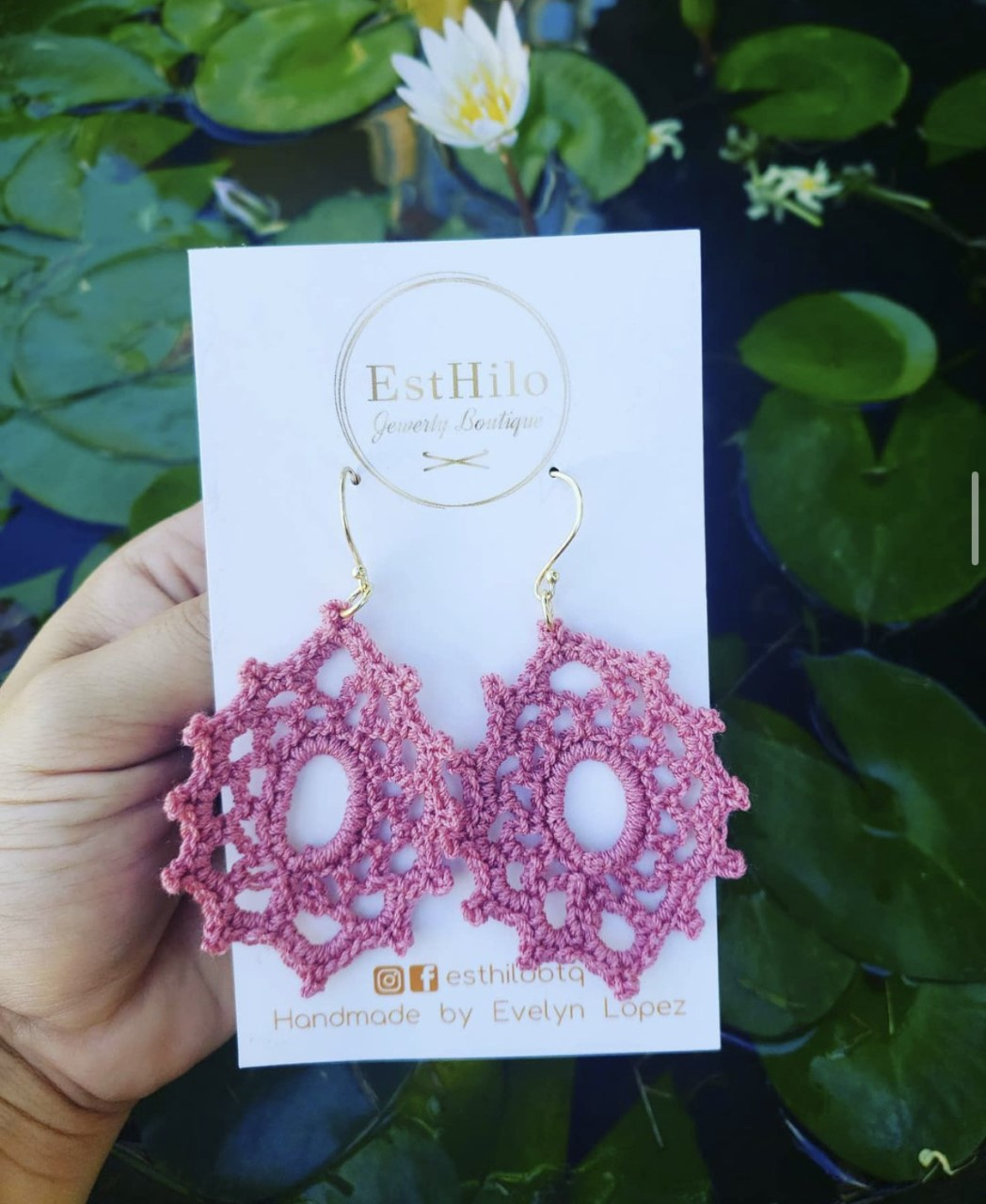
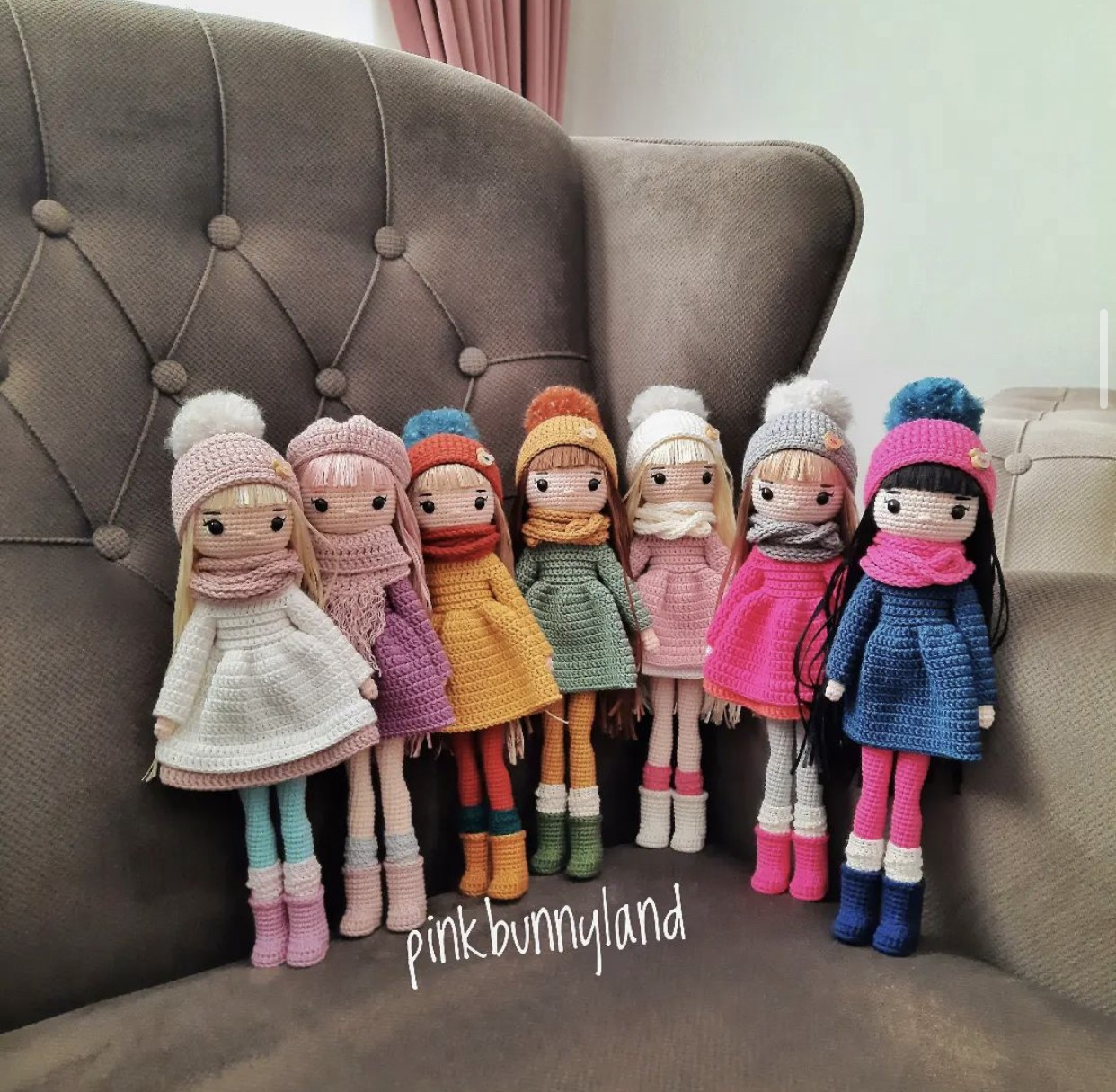
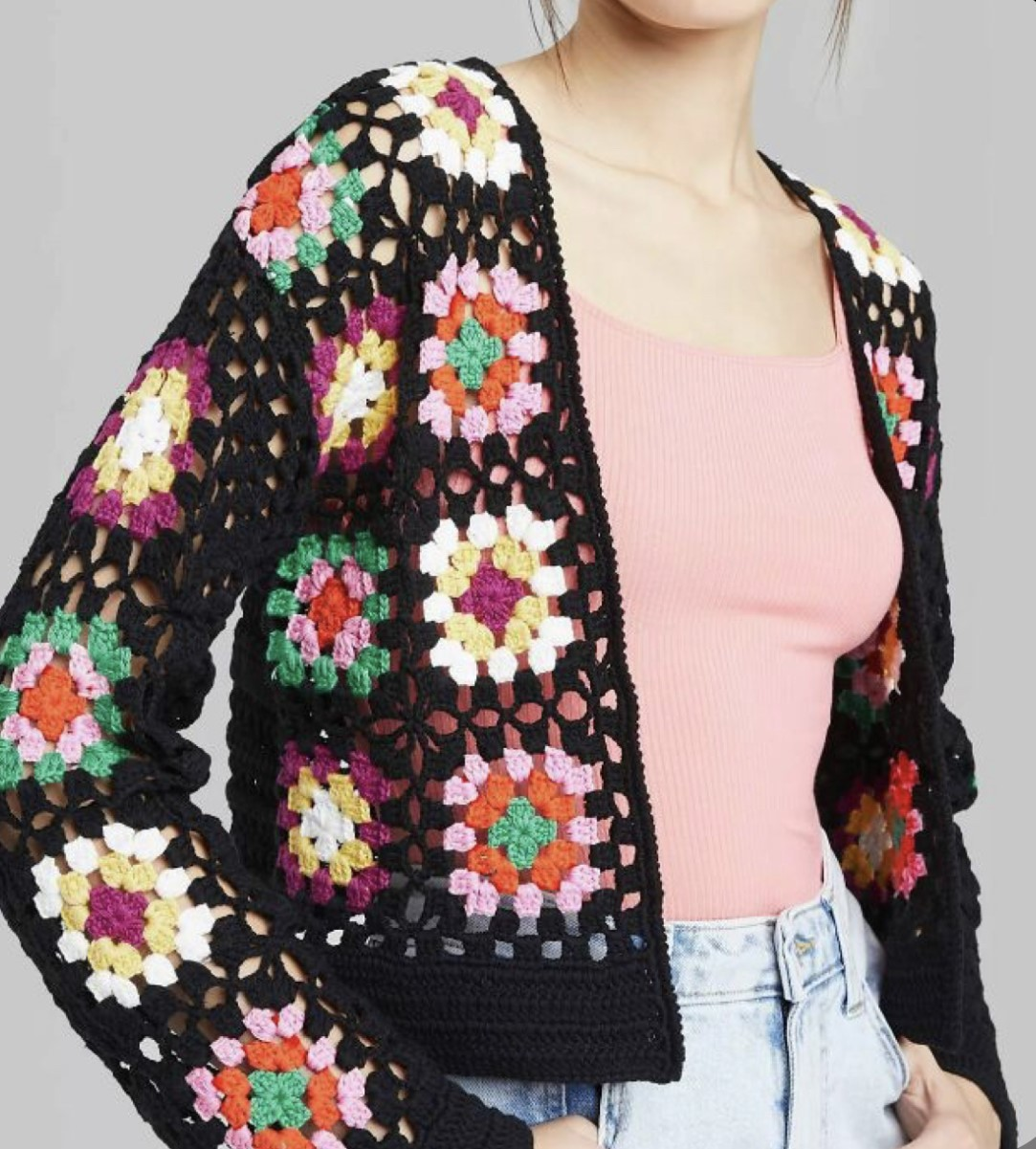
“I personally don’t agree with the ethics of [fast fashion]crochet. It’s unfair to businesses that take their time and put their all into the item for a bigger business to take credit and sell that same item,” said Ruiz.
They either sell it for a cheaper or more expensive price, which leaves the individual or small businesses in a position where they won’t make money off that same product because they are not as popular as the larger companies.
Another ethical issue surrounding commercial creation of crochet is slave labor. This is very degrading and damaging to crochet as a craft. This can cause people to look down on it or not want to buy those specific items.
“Forced labor is sad and unfortunate, it’s not talked about as much as it should be, it’s like people turn a blind eye to it,” said Ruiz.
However, if crochet is viewed as an art, originating from the creative minds and hands of overworked and underpaid workers then it should be priced at a much higher cost.
To overcome these challenges there are many things that can be done.
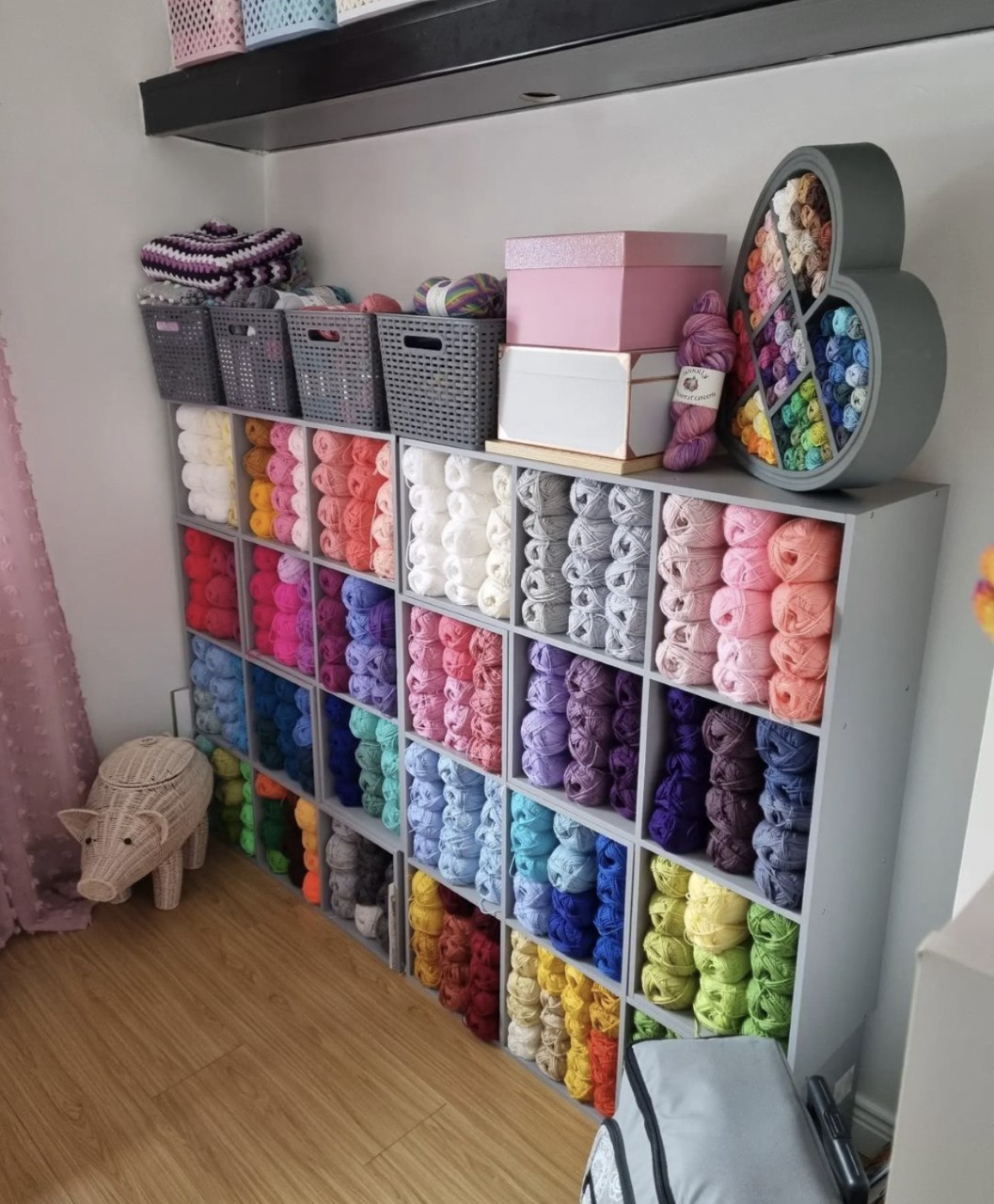
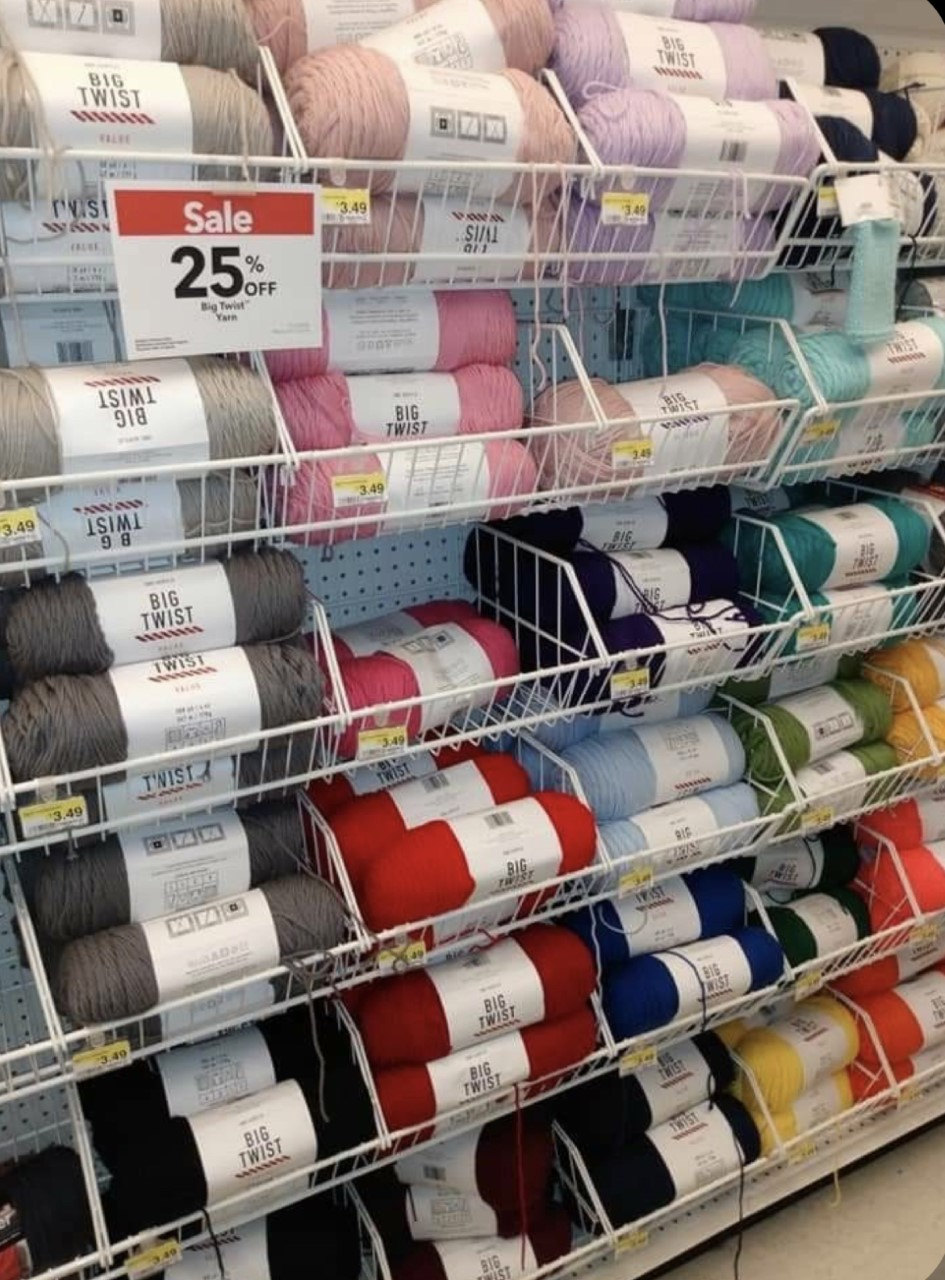
Firstly, instead of buying crochet from large businesses that are likely to be selling fake or stolen versions, purchasing from the smaller, authentic crochet businesses would be better.
Smaller businesses do not get enough recognition even though their products are authentic and less cheap.
You can make your own crochet products. This is how you will know that it is real and good quality because you bought the items to create it yourself.
We can use National Crochet Month to bring awareness to these ethical challenges and the many ways we can overcome these challenges.

